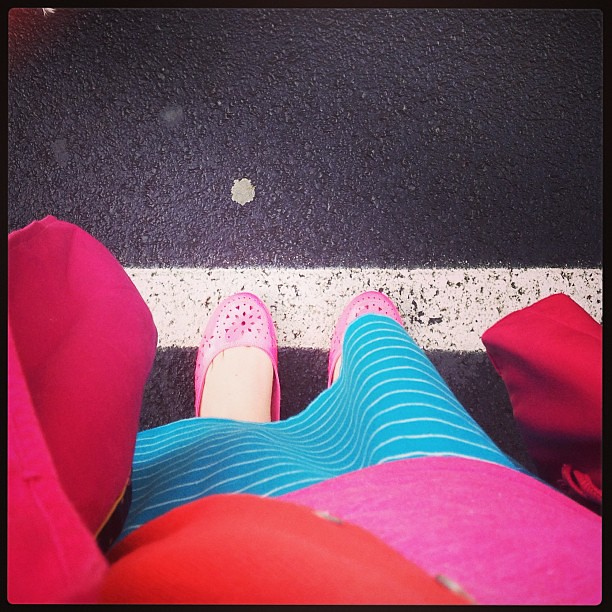Podcast: Play in new window | Download
Launching stuff, talking about your product for a sustained period of time, is hard. It can be draining to talk about your work, especially when it feels like you're talking about yourself all the time.
The result is Marketing Burnout. You're sick of talking about your work. You feel like you're repeating yourself. You worry you're annoying people.
In this episode I share three ways to avoid Marketing Burnout and one way to handle it when you experience it.
Resources
- Market Yourself: Develop a plan and learn how to talk about your work
- How to talk about your work (without feeling gross)
- How to launch anything (episode 28)
- Permission to Take Time Off, (episode 33)
- Join me in San Diego in January!
How to listen
- You can subscribe to it on iTunes (If you do, leave a review!)
- You can listen to it using the player above or download it.
- Subscribe or listen via Stitcher (or subscribe in whatever you use for podcasts – just search “Explore Your Enthusiasm” and it should pop up!).
Find all the podcast episodes here.
Step up YOUR marketing game with a free e-course! Sign up below!



